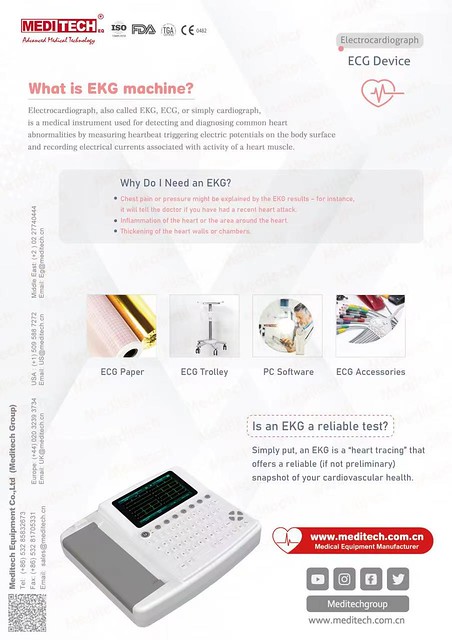Lithium Batteries: The Power Source of the Future
Lithium Batteries: The Power Source of the Future
Rechargeable lithium battery, Li-poly battery (lithium polymer battery), and Lithium-ion batteries have revolutionized the way we power our devi Lithium-ion battery ces. These lightweight and efficient energy storage solutions have become essential for various applications in both consumer electronics and emerging technologies. In this article, we will explore the manufacturing process, characteristics, advantages, usage methods, factors to consider when selecting a lithium battery product, and finally draw a conclusion on why lithium batteries are considered the best choice for commercial power systems.
Manufacturing Process:
Lithium batteries a solar charge controller 12v re manufactured through a complex yet streamlined process. It starts with producing electrode materials such as cathodes made from metal oxides like iron phosphate or cobalt oxide. An anode is typically made using graphite or silicon-based compounds. These electrodes ar lithium battery e then assembled with separators that prevent direct contact between them while allowing ion flow.
Characteristics:
One of the key features of lithium batteries lies in their high energy density compared to other rechargeable options available today. They boast lower self-discharge rates, Li-poly battery (lithium polymer battery) longer lifespan due to better cyclic performance, excellent charge retention capability even after extended periods of non-use. Additionally, they offer faster charging times and can be designed in various shapes and sizes according to specific device requirements.
Advantages:
The benefits offered by lithium batteries make them an ideal choice across industries:
1. Energy Efficiency: Lithium batteries convert stored chemical energy efficiently into electrical energy.
2. Lightweight Design: Their compact size combined with lightweight properties makes them highly desirable for portable gadgets.
3. Durability: With exceptiona Rechargeable lithium battery l cycle life capabilities ranging from hundreds to thousands of cycles depending on variations within each type,
these batteries provide reliable long-term use.
4.Syncs Well with Solar Applications: For

solar charge controllers operating at 12V systems where efficiency matters most,
pairing it with the best lithium battery ensures optimal performance for renewable energy storage.
Usage Methods:
Lithium batteries find wide-ranging applications, from powering smartphones and laptops to providing sustainable energy solutions.
Some popular uses include electric vehicles, drones, power tools, medic lithium battery al devices, renewable energy storage systems,
and even grid-scale installations. Their versatility is unmatched in the realm of portable power.
How to Select the Right Product:
When deciding on which lithium battery product to choose for your specific application or device,
consider the following factors:
1. Capacity: Determine the amount of power needed by calculating watt-hour (Wh) requirements.
2. Voltage: Consider whether your device requires a single-cell or multi-cell configu lithium battery ration.
3. Size and Shape: Ensure compatibility with available space inside the device enclosure.
4. Safety Features: Look for built-in protection circuits such as overcharge protection and short-circuit prevention Commercial Power System mechanisms.
Conclusion:
Without a doubt, lithium batteries have revolutionized portable power sources with their exceptional performance characteristics and widespread applications across industries. From their efficient manufacturing processes to their impressive durability and energy density capabilities,
lithium batteries continue to pave the way for cleaner and more sustainable energy solutions globally, making them an indispensable component of modern technology-driven lifestyles.
So why settle for anything less? E the best lithium battery mbrace the future today by choosing rechargeable lithium battery products!
